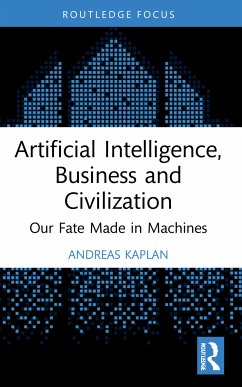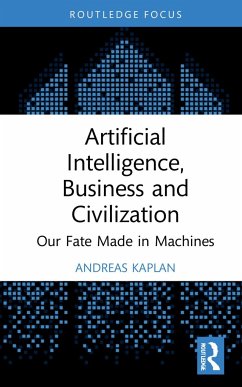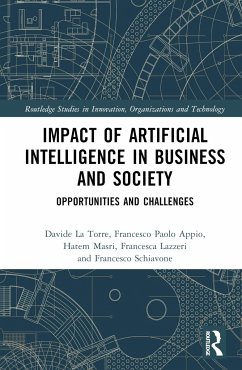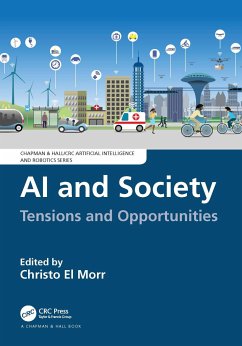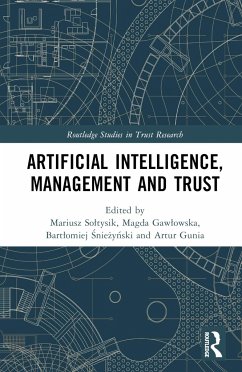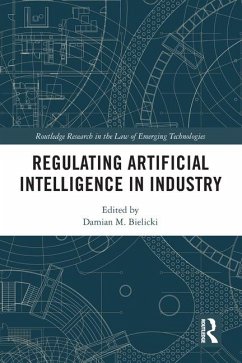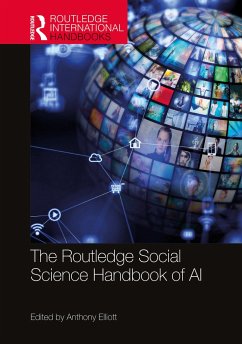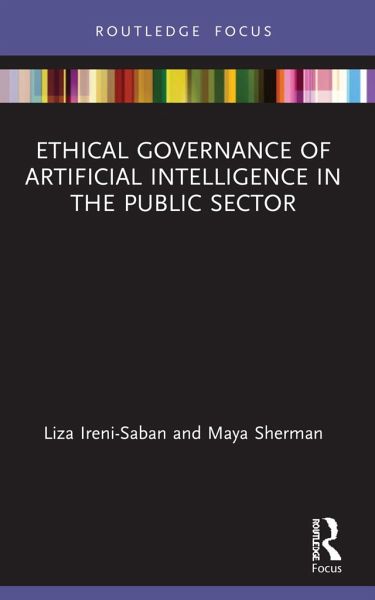
Ethical Governance of Artificial Intelligence in the Public Sector
Versandkostenfrei!
Versandfertig in 6-10 Tagen
22,99 €
inkl. MwSt.
Weitere Ausgaben:

PAYBACK Punkte
11 °P sammeln!
This book argues that ethical evaluation of AI should be an integral part of public service ethics and that an effective normative framework is needed to provide ethical principles and evaluation for decision-making in the public sphere, at both local and international levels.It introduces how the tenets of prudential rationality ethics, through critical engagement with intersectionality, can contribute to a more successful negotiation of the challenges created by technological innovations in AI and afford a relational, interactive, flexible and fluid framework that meets the features of AI re...
This book argues that ethical evaluation of AI should be an integral part of public service ethics and that an effective normative framework is needed to provide ethical principles and evaluation for decision-making in the public sphere, at both local and international levels.
It introduces how the tenets of prudential rationality ethics, through critical engagement with intersectionality, can contribute to a more successful negotiation of the challenges created by technological innovations in AI and afford a relational, interactive, flexible and fluid framework that meets the features of AI research projects, so that core public and individual values are still honoured in the face of technological development.
This book will be of key interest to scholars, students, and professionals engaged in public management and ethics management, AI ethics, public organizations, public service leadership and more broadly to public administration and policy, as well as applied ethics and philosophy.
It introduces how the tenets of prudential rationality ethics, through critical engagement with intersectionality, can contribute to a more successful negotiation of the challenges created by technological innovations in AI and afford a relational, interactive, flexible and fluid framework that meets the features of AI research projects, so that core public and individual values are still honoured in the face of technological development.
This book will be of key interest to scholars, students, and professionals engaged in public management and ethics management, AI ethics, public organizations, public service leadership and more broadly to public administration and policy, as well as applied ethics and philosophy.





